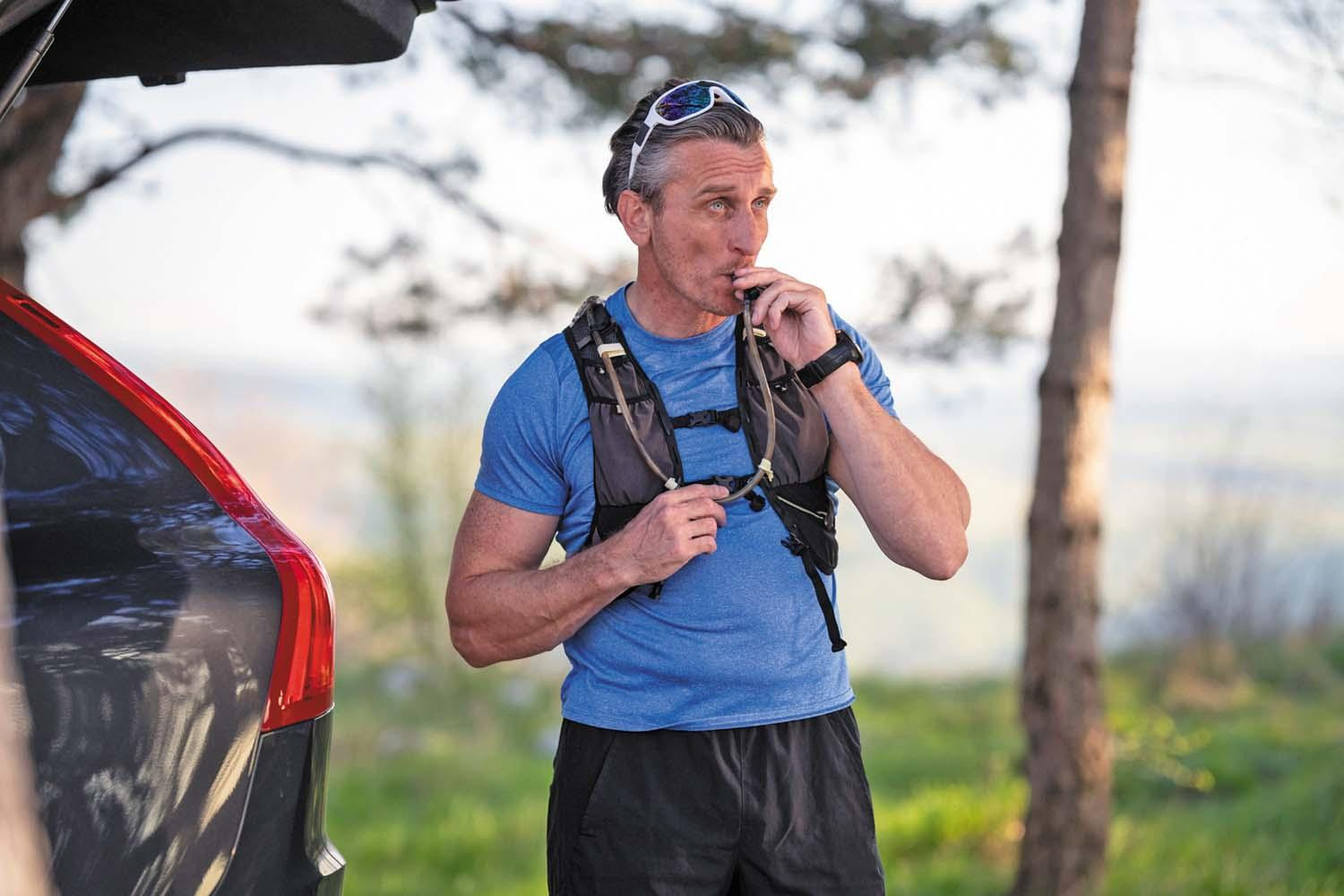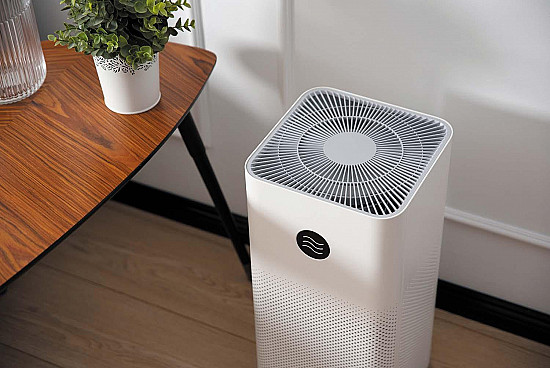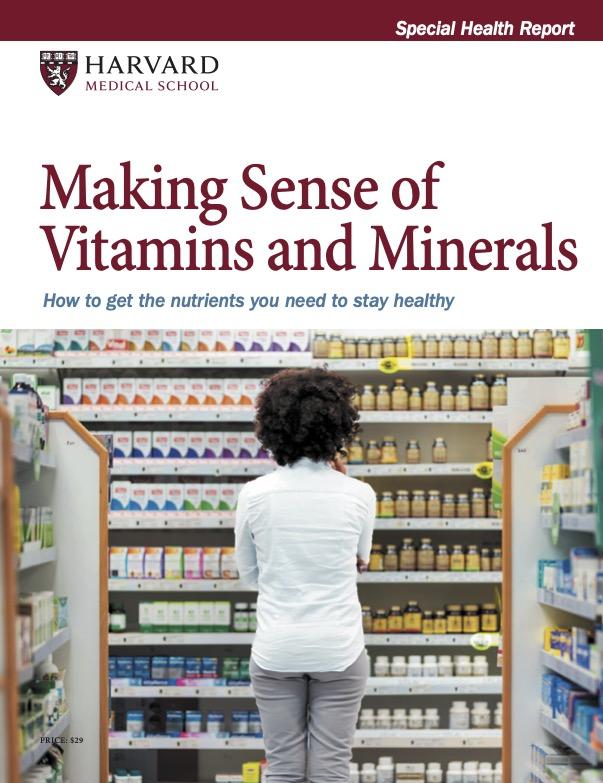Try this: Hydration packs
- Reviewed by Howard E. LeWine, MD, Chief Medical Editor, Harvard Health Publishing; Editorial Advisory Board Member, Harvard Health Publishing

Staying hydrated when you’re outdoors is essential during the dog days of summer. But if carrying a water bottle is bothersome, consider a hydration pack.
Hydration packs are small backpacks that carry large amounts of water and allow easy, hands-free access to it. They include a reservoir (a rubber bladder that holds between 1.5 and 3 liters) and a flexible drinking tube that connects to the reservoir.
The tube runs from the reservoir, up through the backpack, over your shoulder, and is secured to the front of the pack. A “bite valve” at the end of the tube opens when you gently bite down on it, allowing water to flow easily. Some hydration packs are insulated to keep water cold longer.
Many hydration packs also feature front pockets to hold small water bottles if needed and provide sufficient space for storing snacks, hats, sunscreen, car keys, phone, and even a rain jacket.
Hydration packs are ideal for any outdoor activity, such as walking, running, hiking, cycling, kayaking, and even yard work, providing a convenient way to stay hydrated without needing to stop for frequent water breaks or water bottle refills. There are many styles and sizes of hydration packs available. It’s best to visit an outdoor or running store to try on different brands and see which one fits best.
Image: © Mr Vito/Getty Images
About the Author

Matthew Solan, Former Executive Editor, Harvard Men's Health Watch
About the Reviewer

Howard E. LeWine, MD, Chief Medical Editor, Harvard Health Publishing; Editorial Advisory Board Member, Harvard Health Publishing
Disclaimer:
As a service to our readers, Harvard Health Publishing provides access to our library of archived content. Please note the date of last review or update on all articles.
No content on this site, regardless of date, should ever be used as a substitute for direct medical advice from your doctor or other qualified clinician.
















